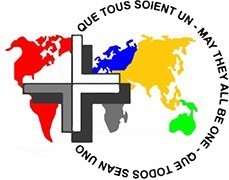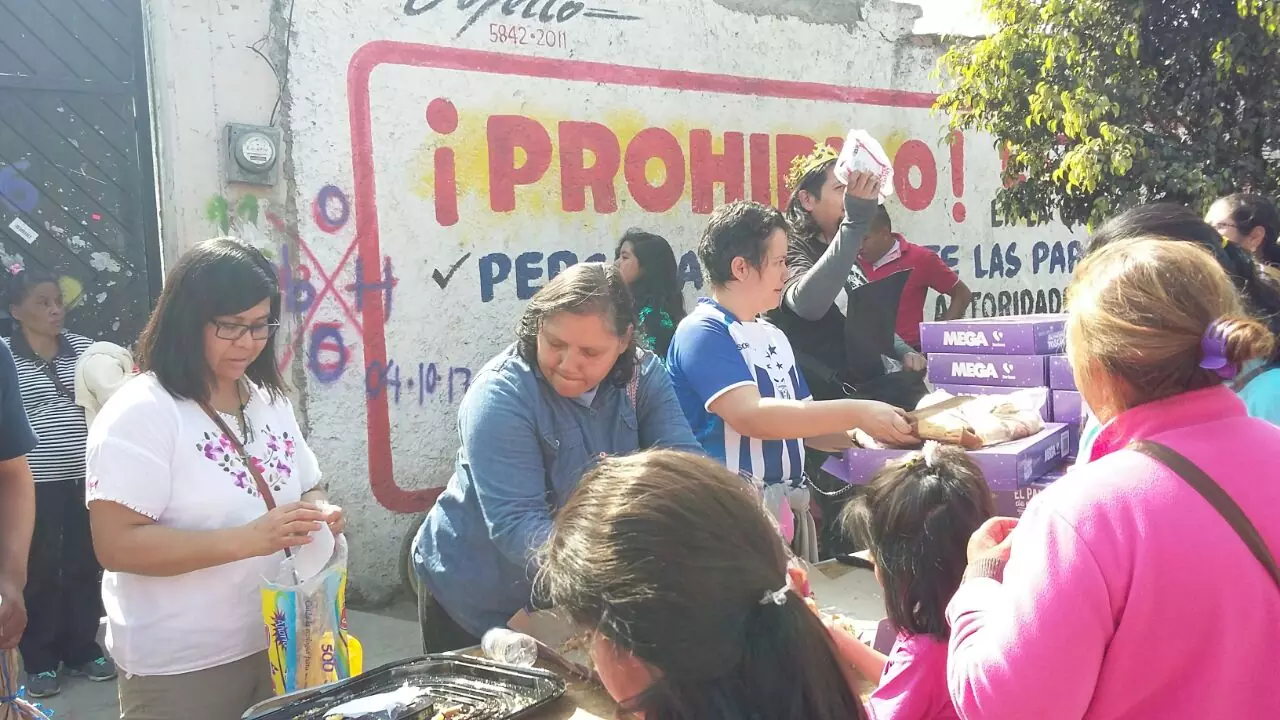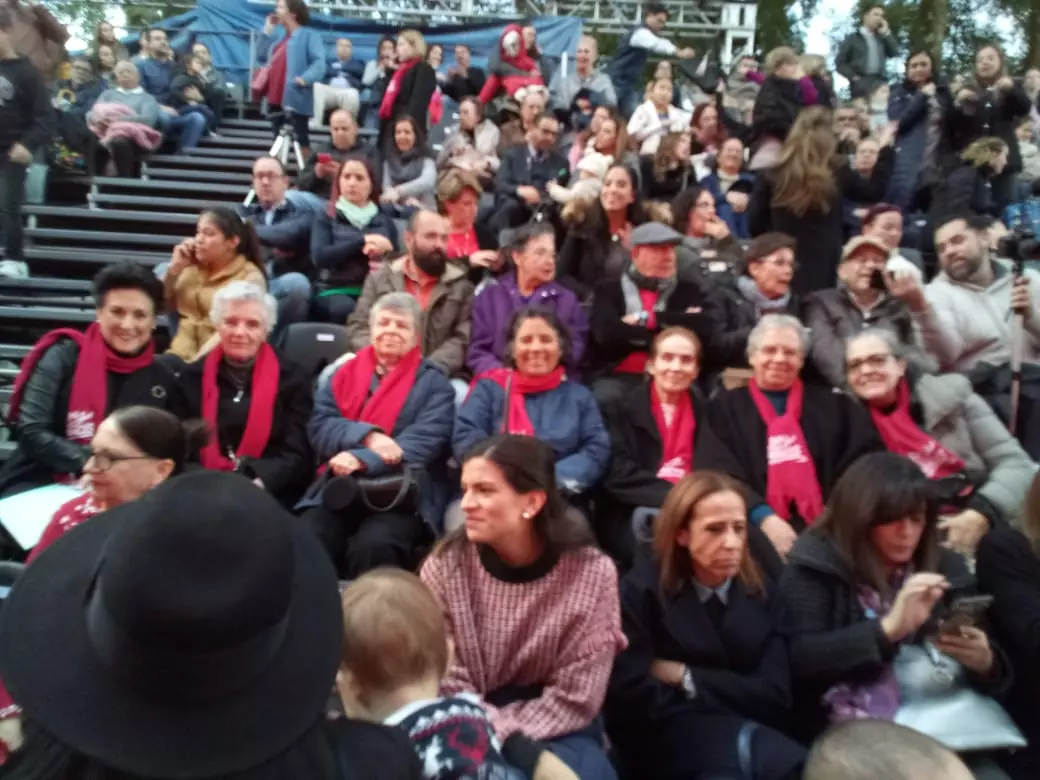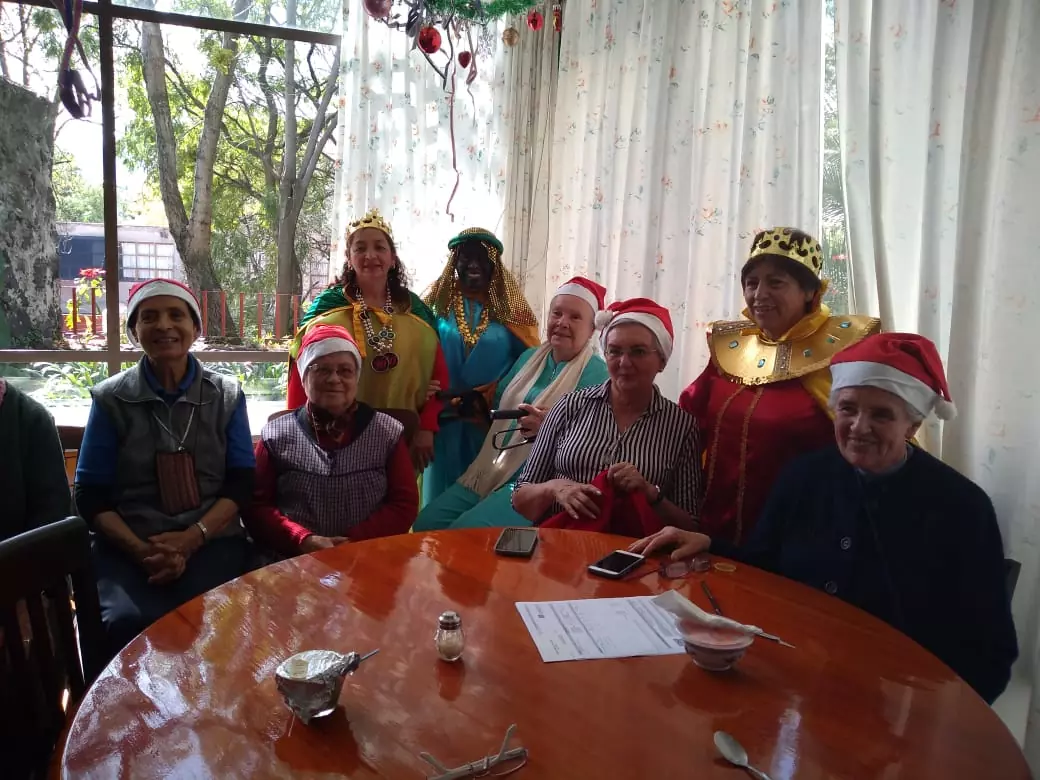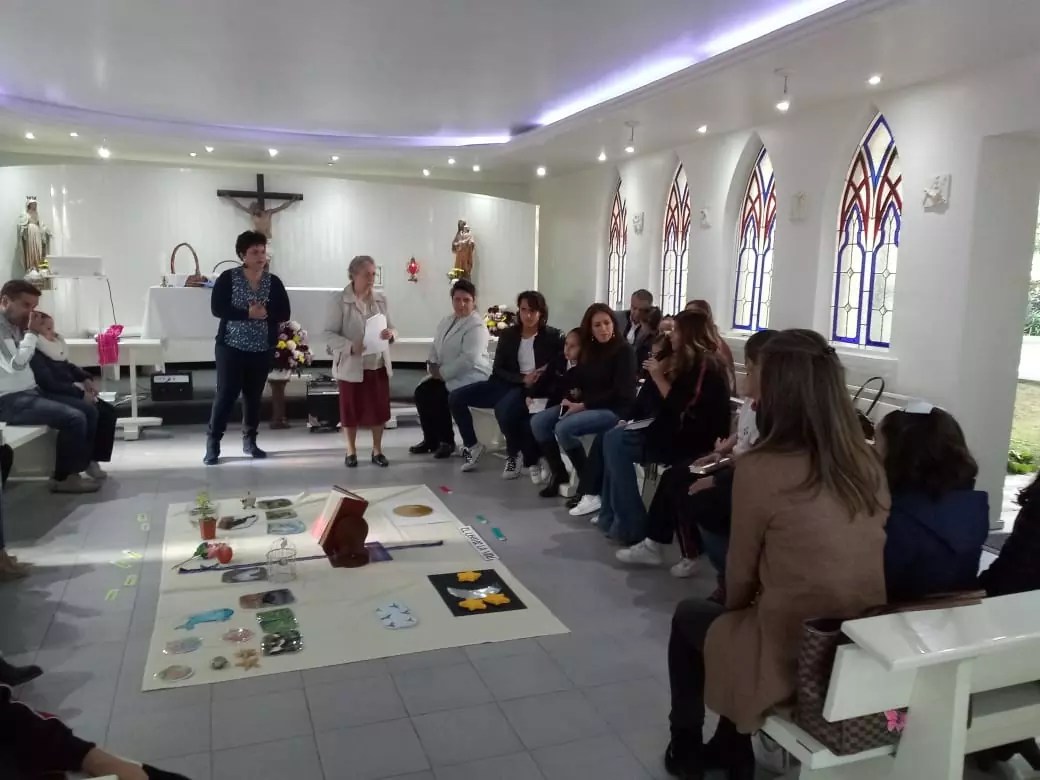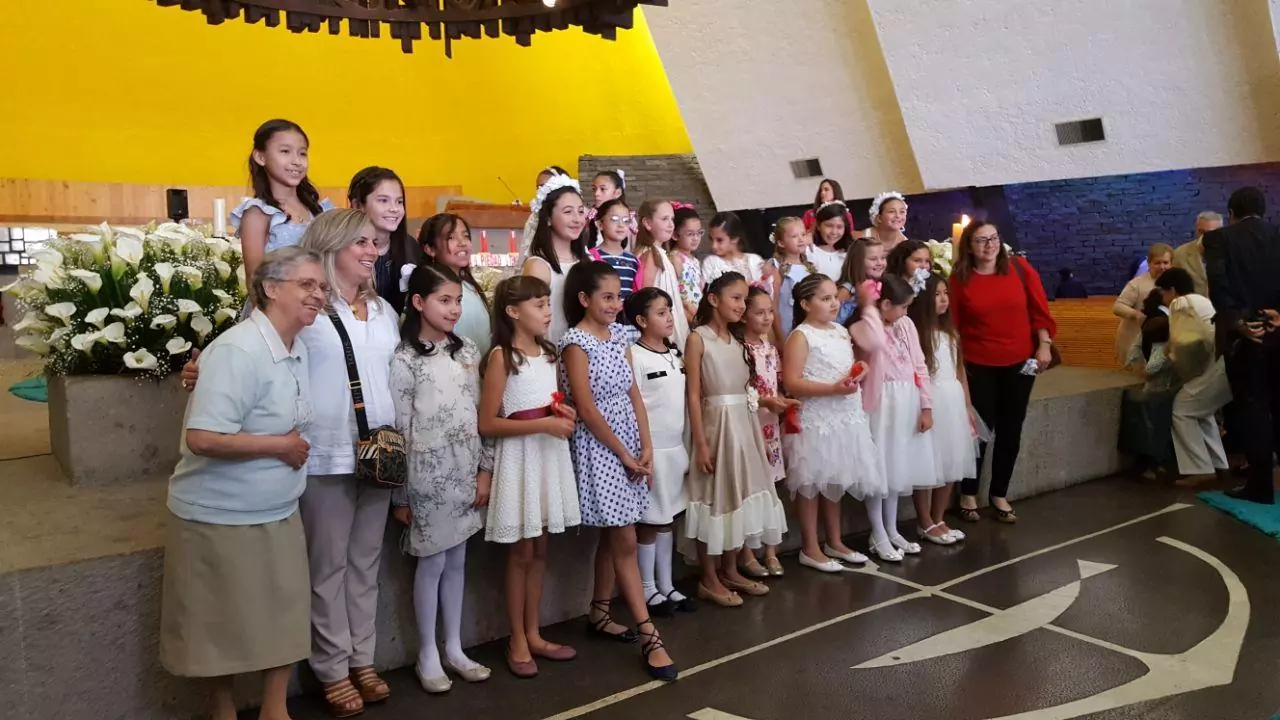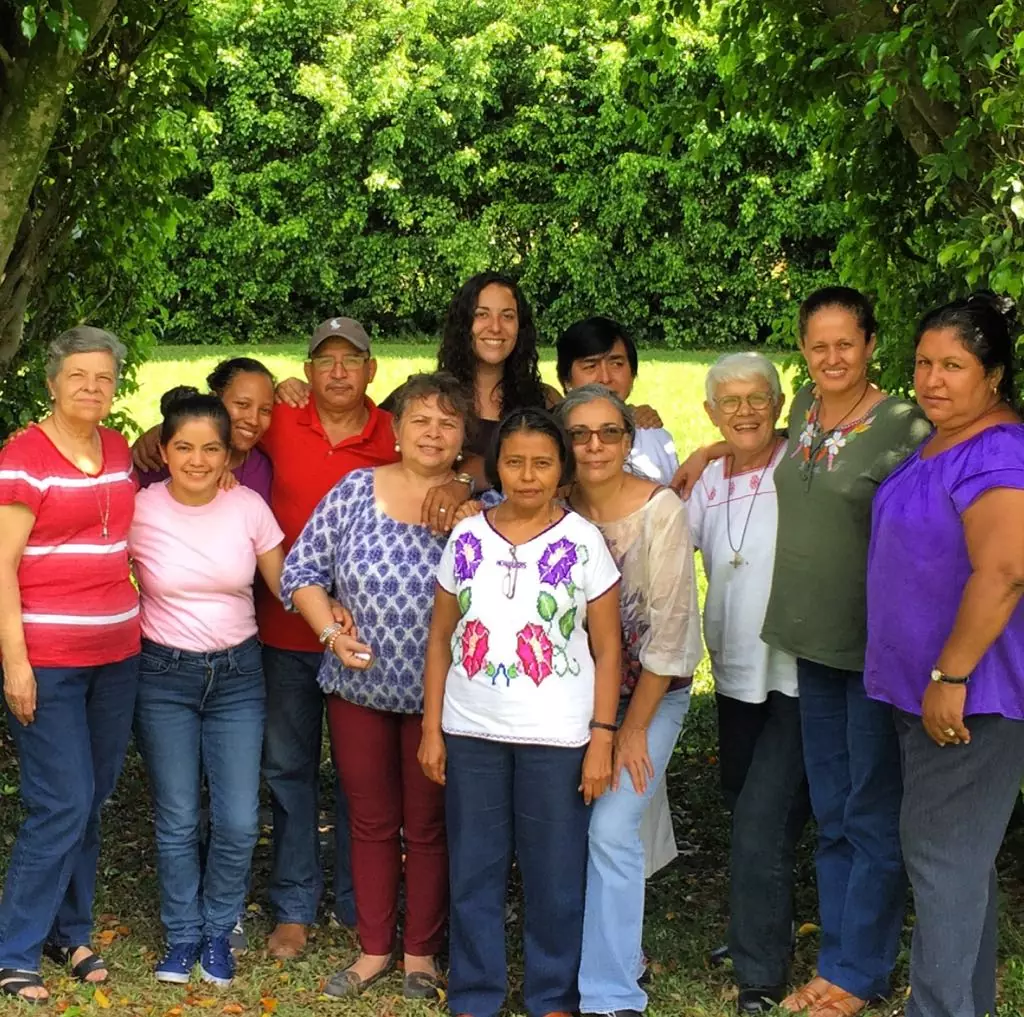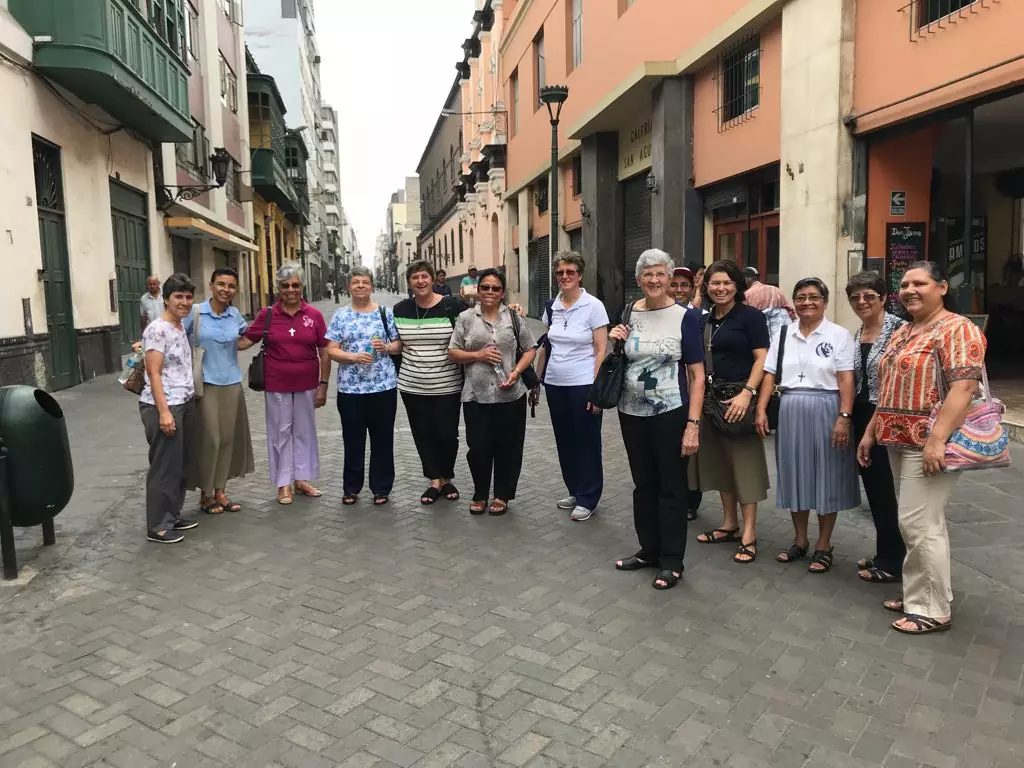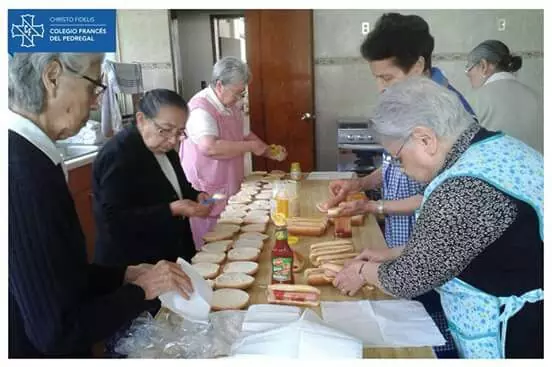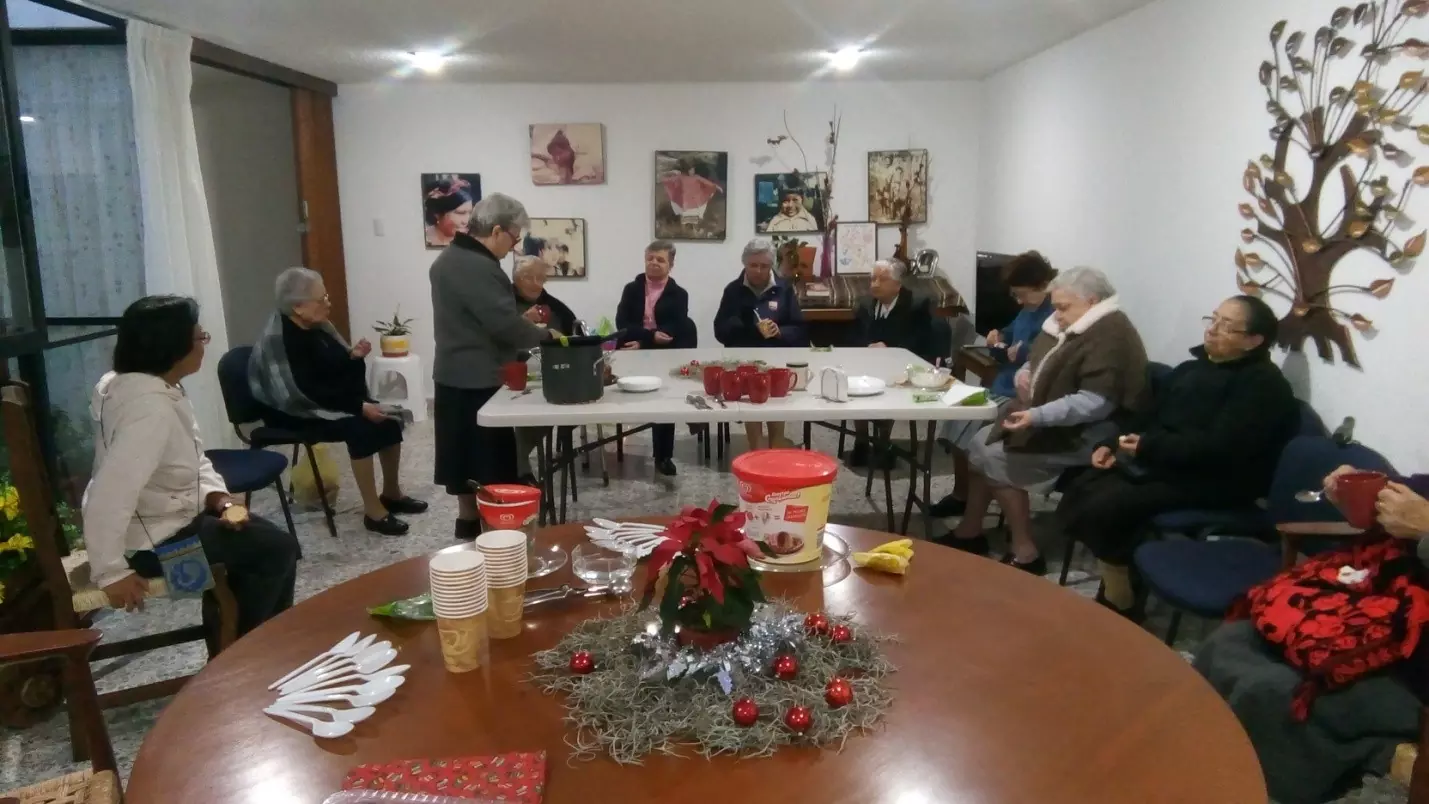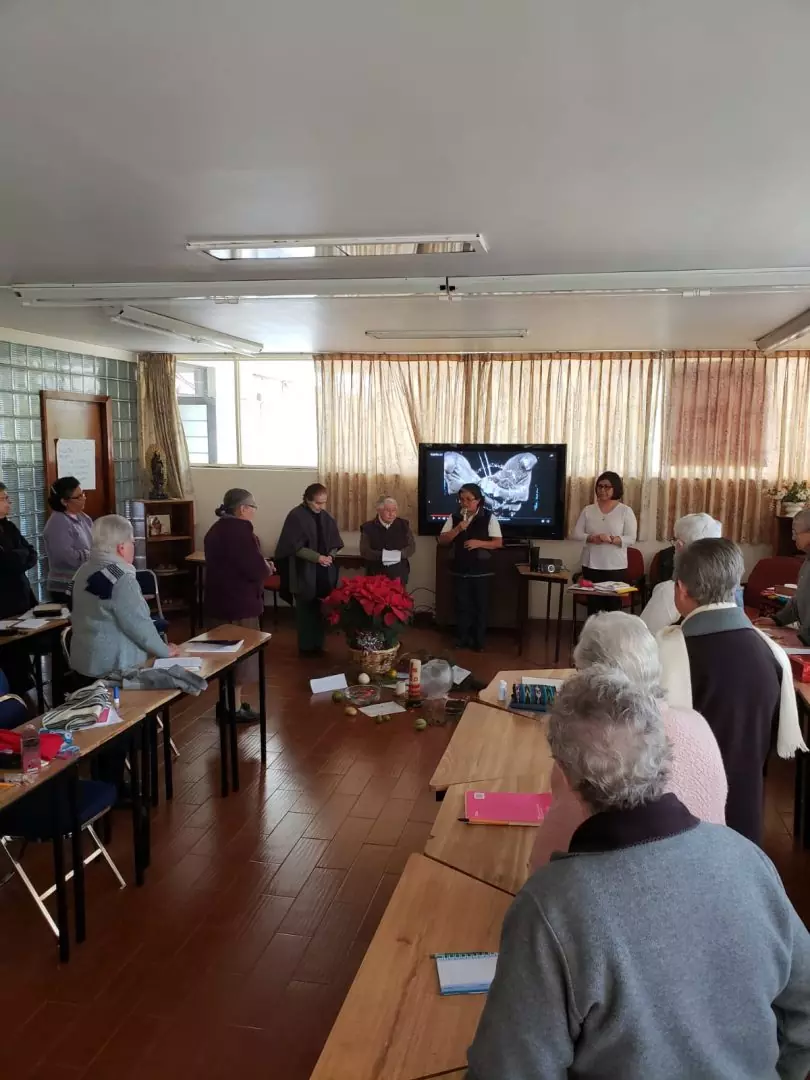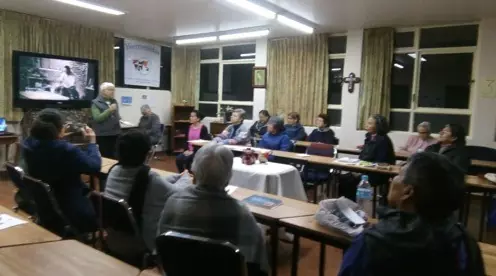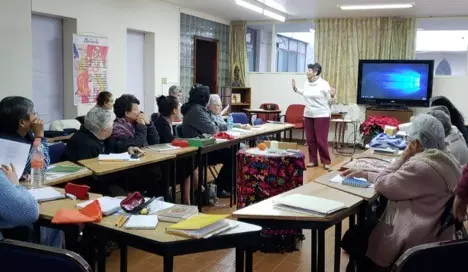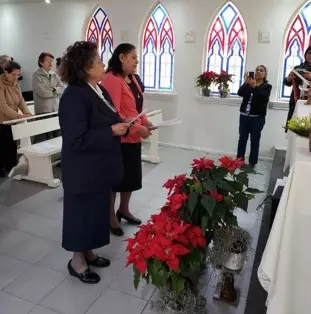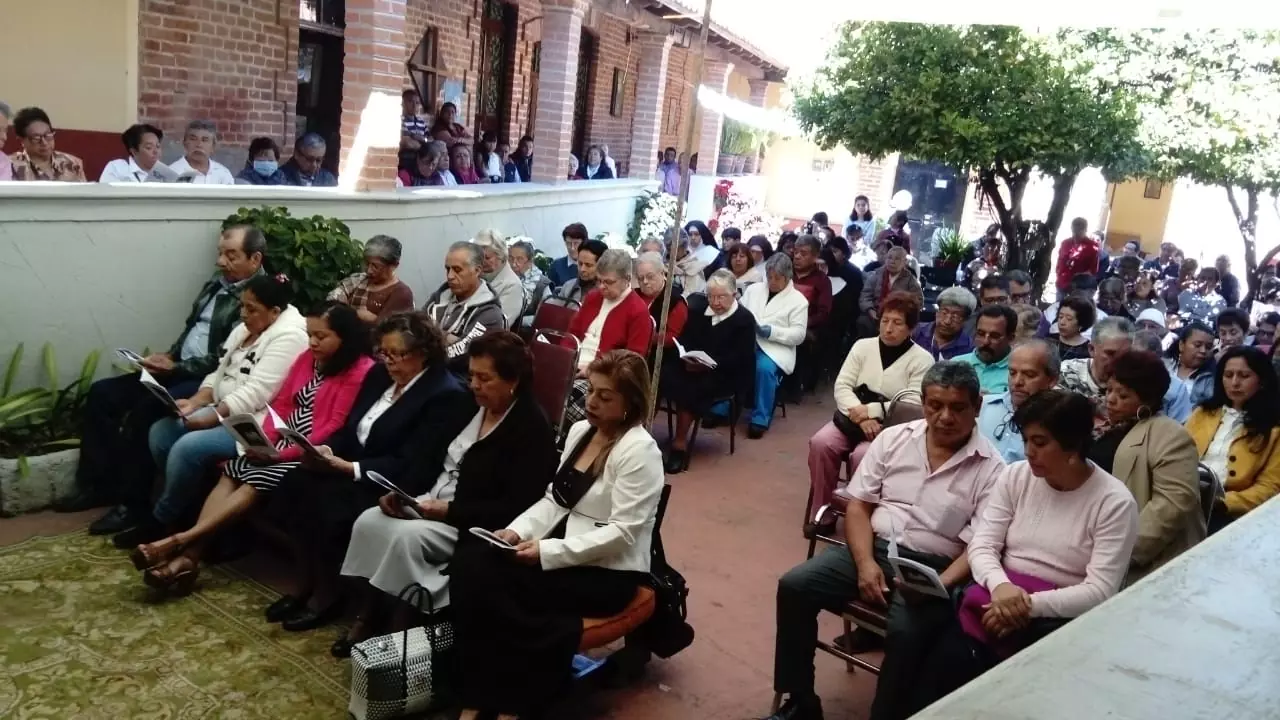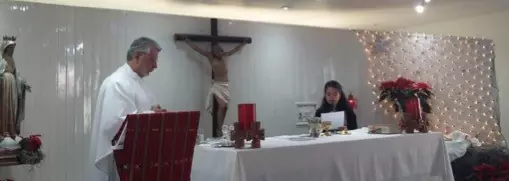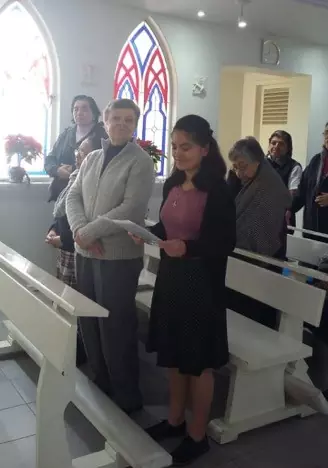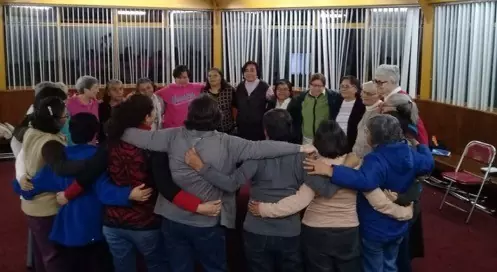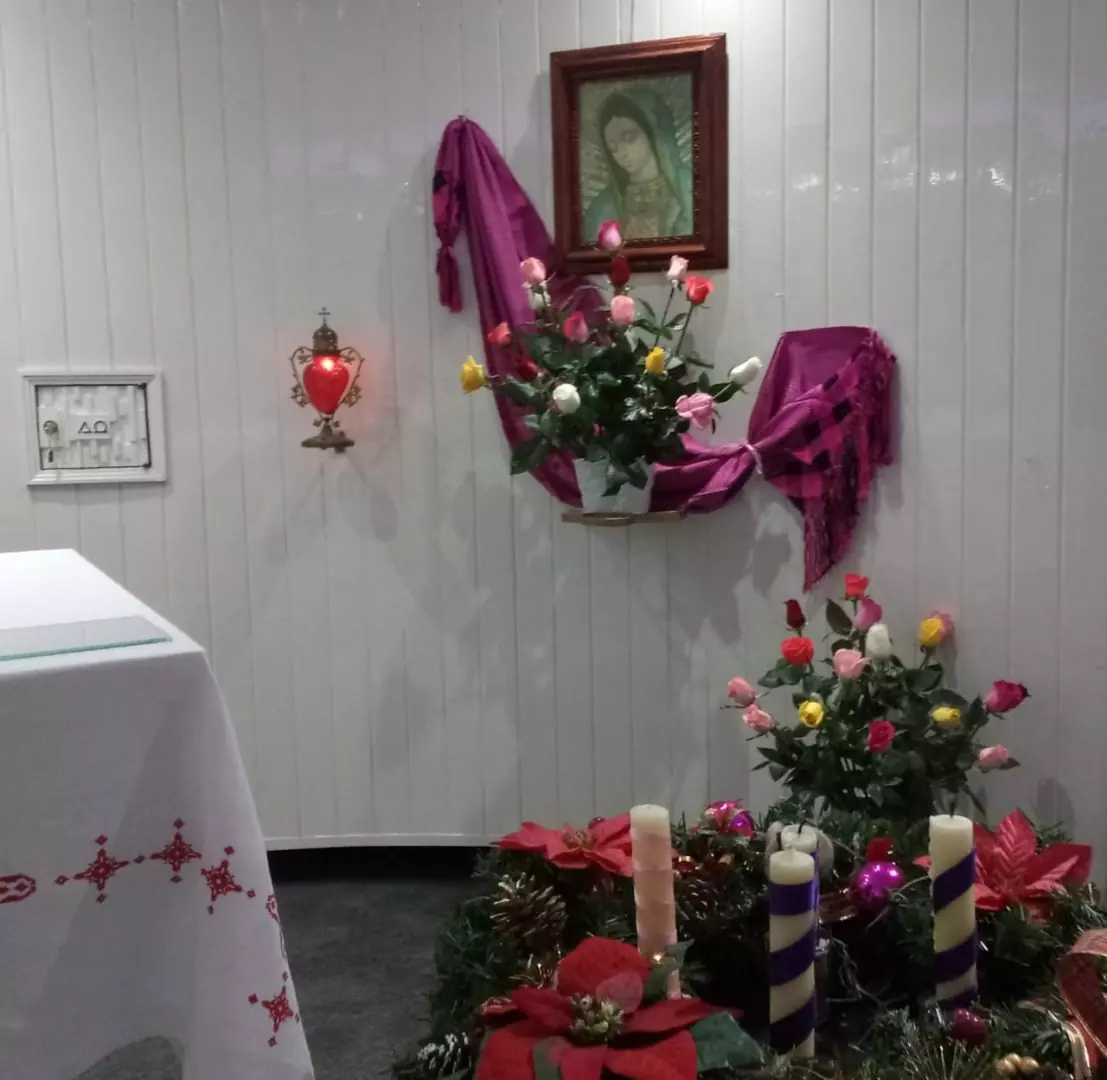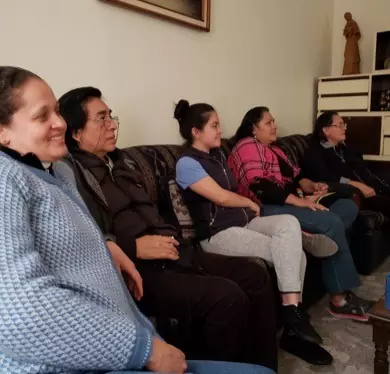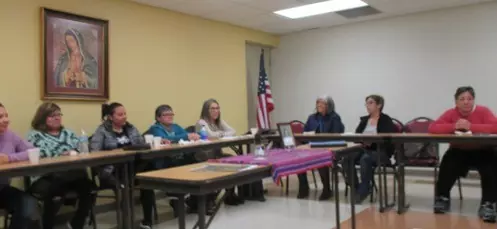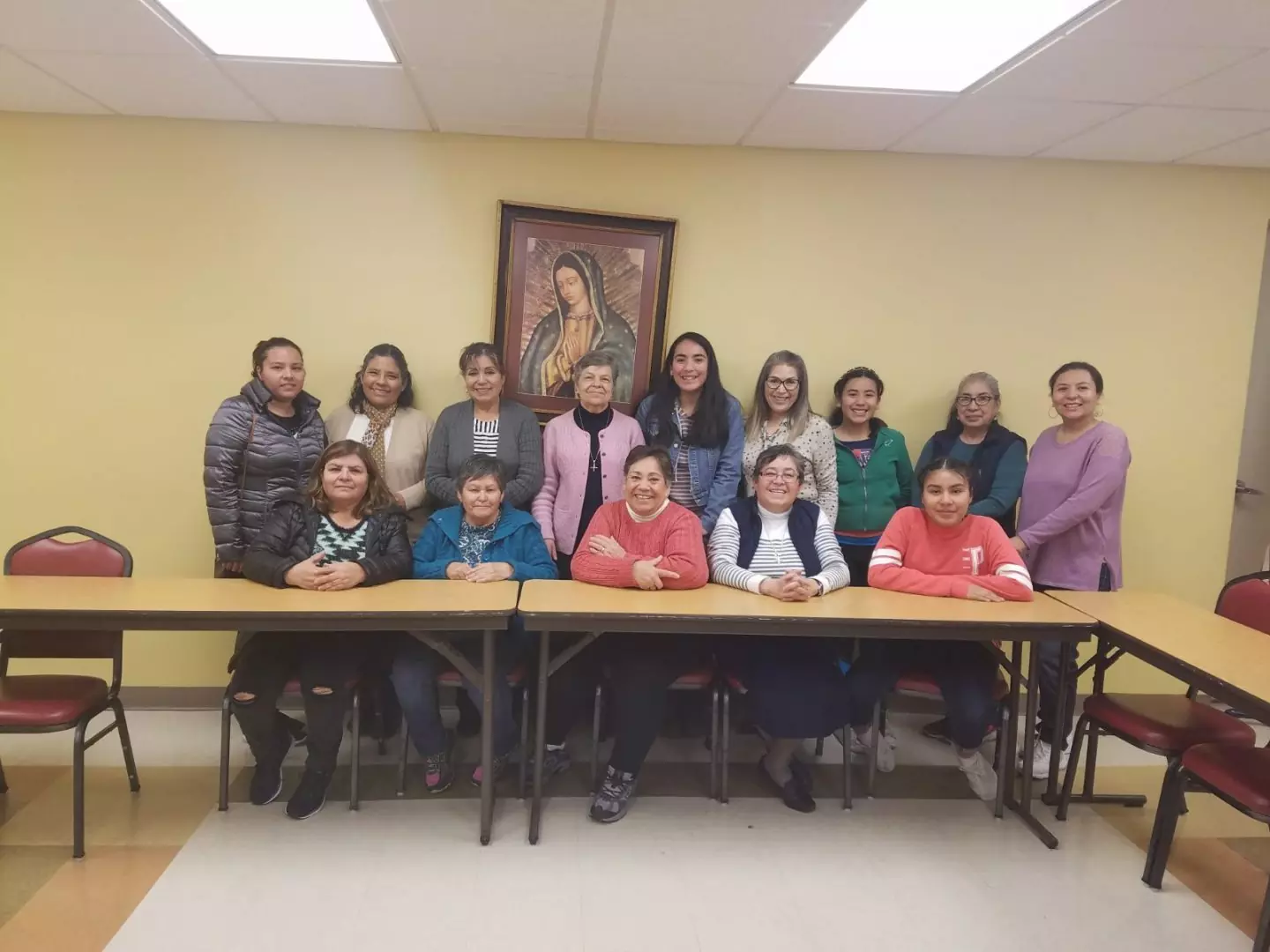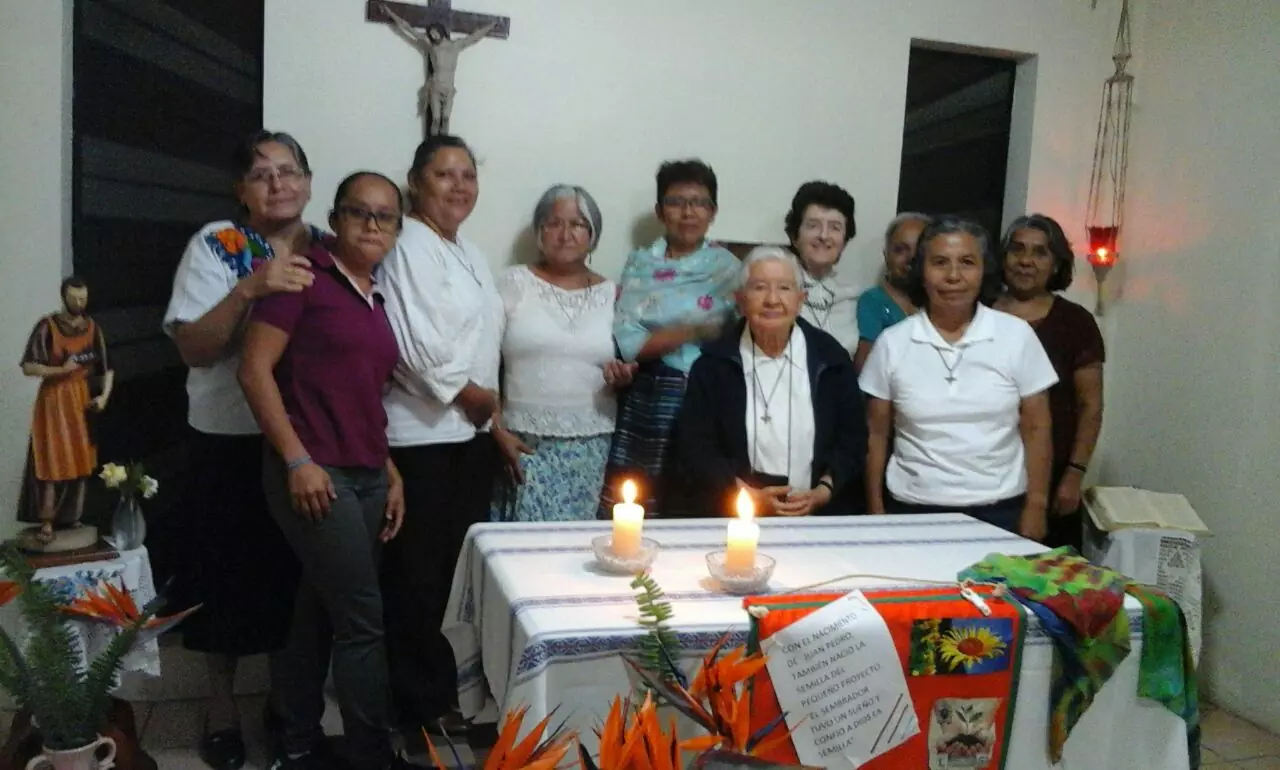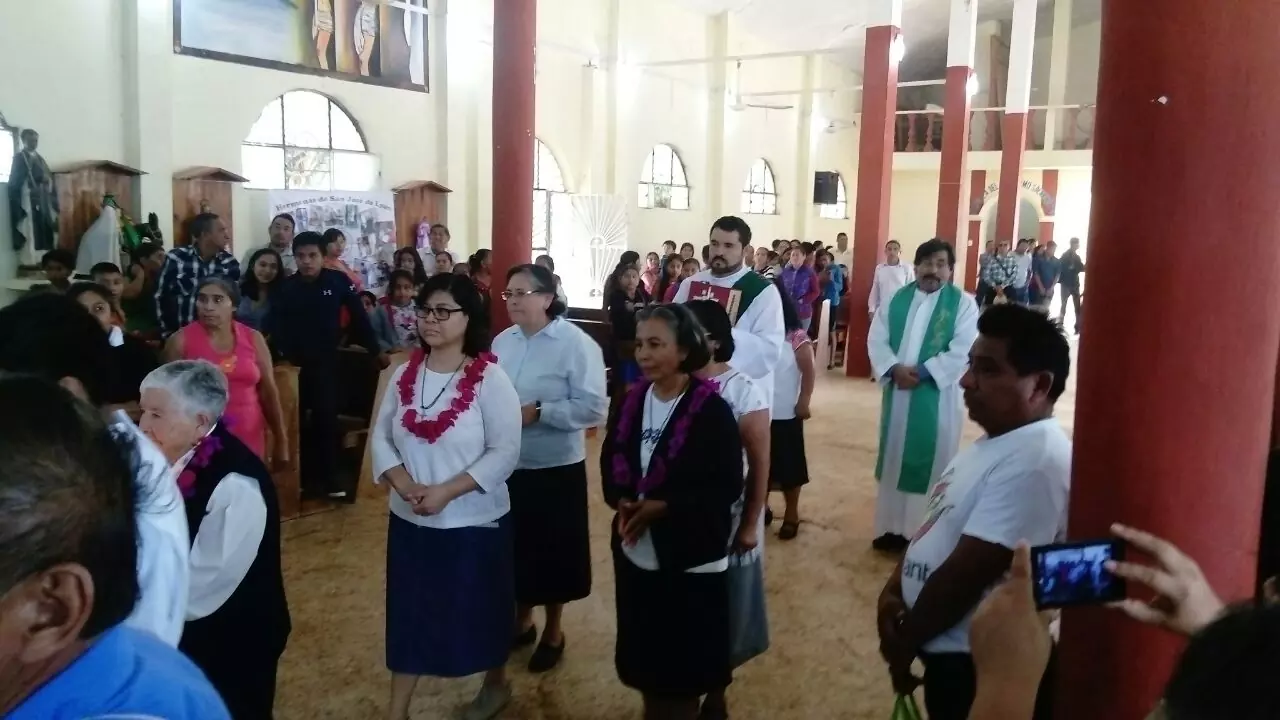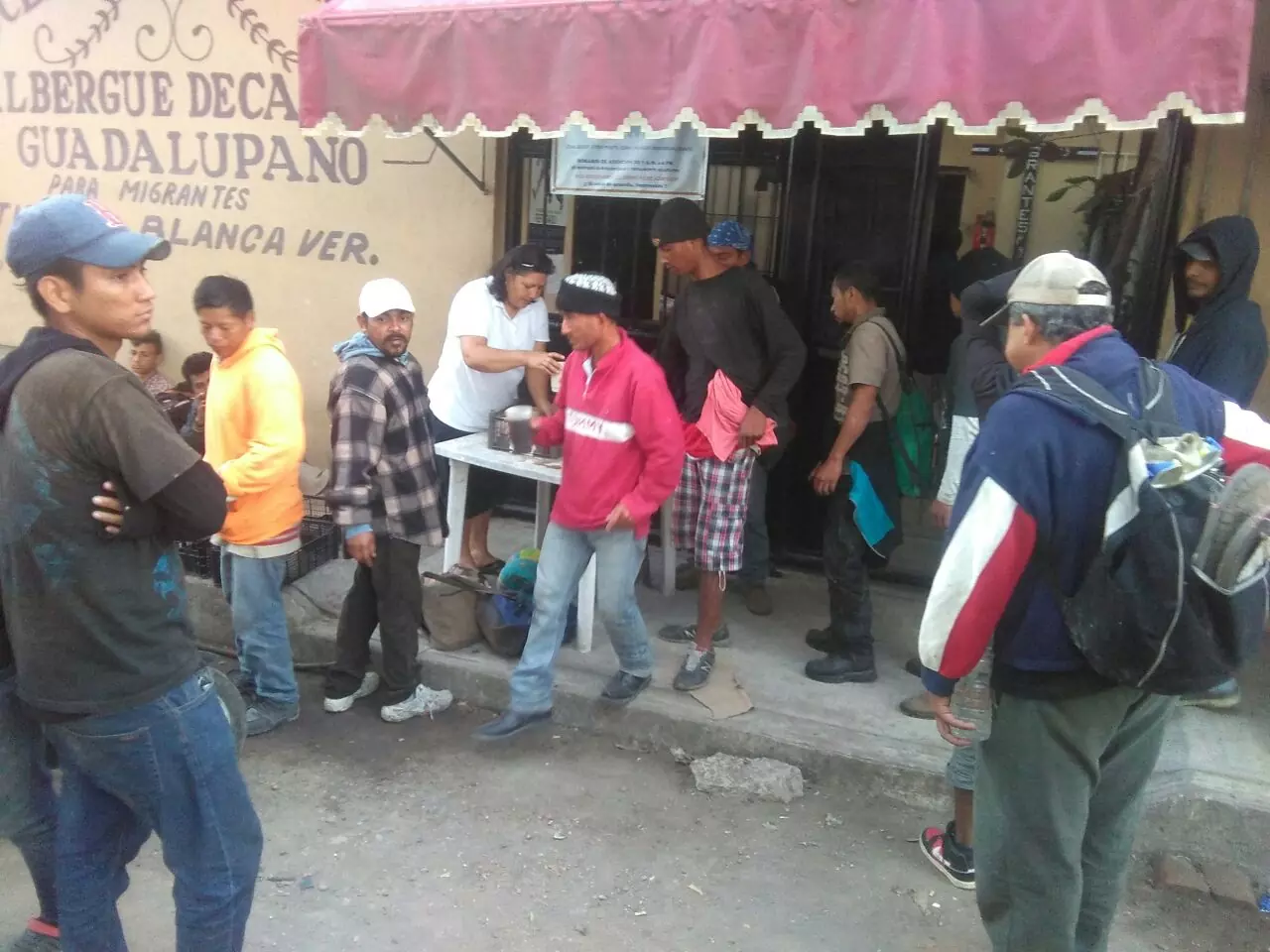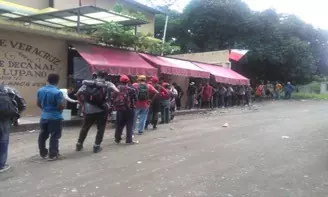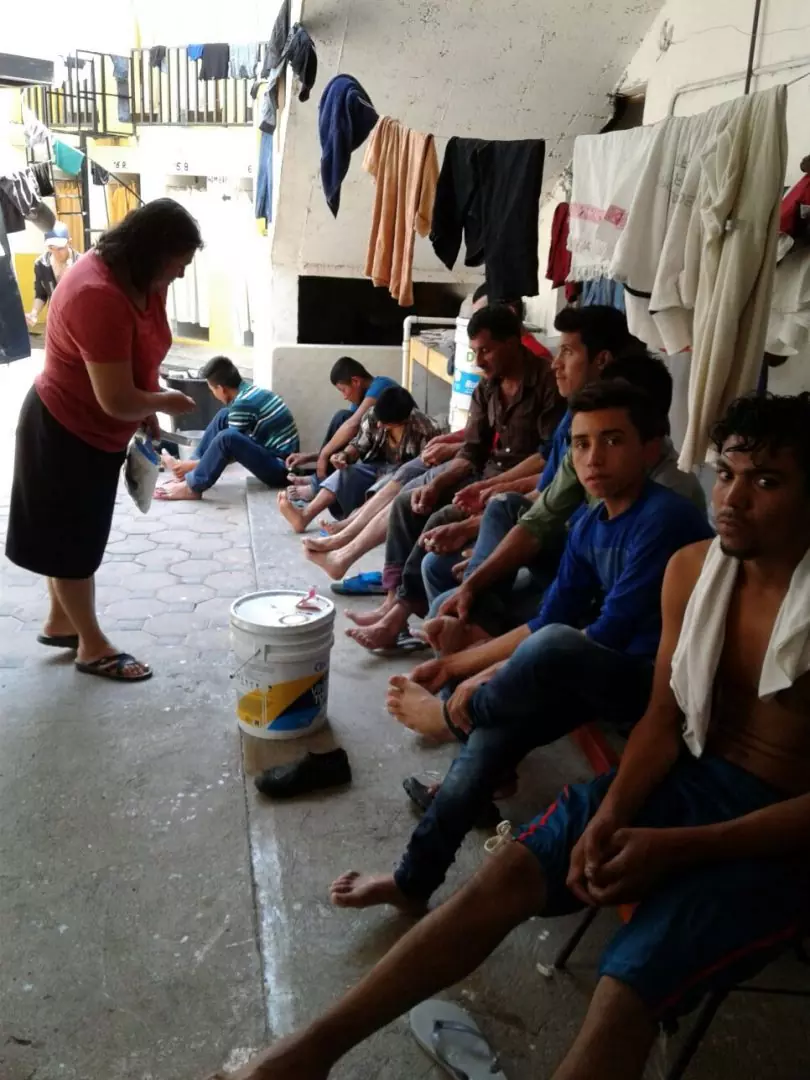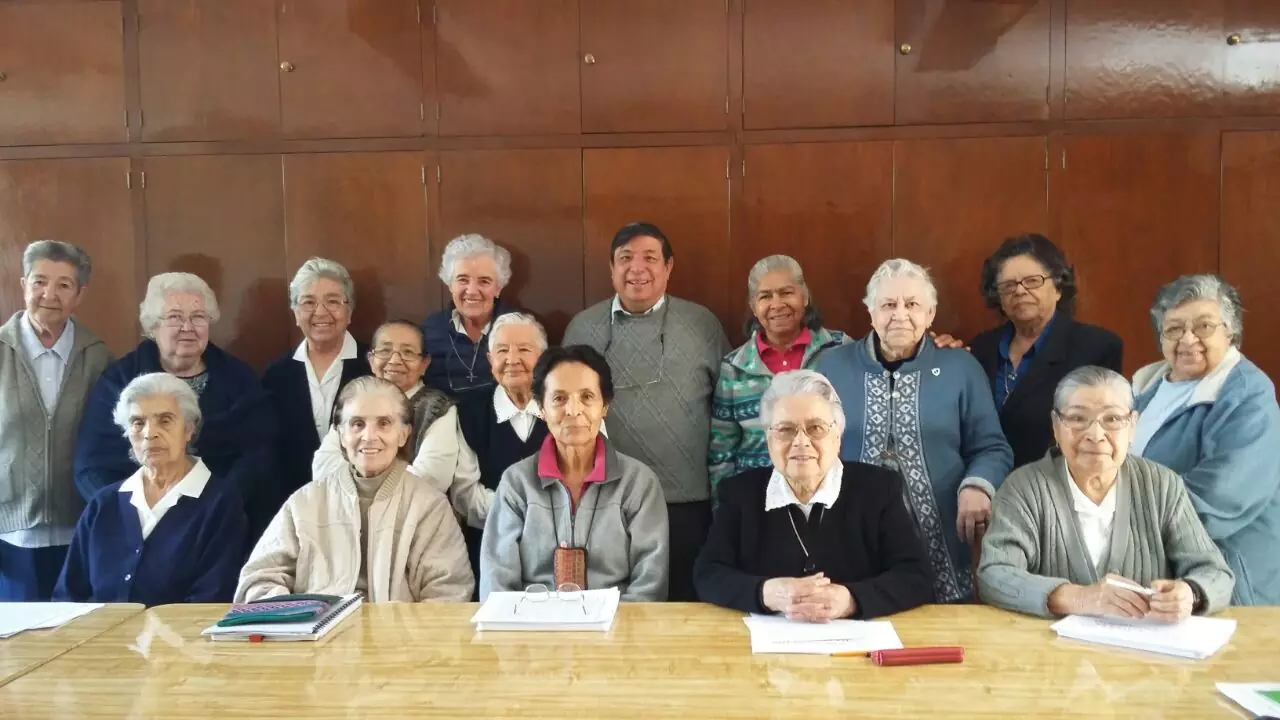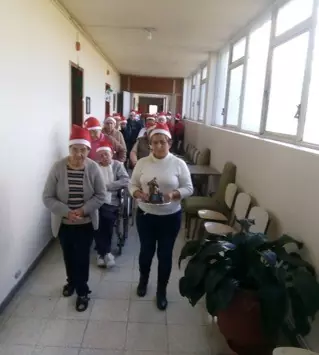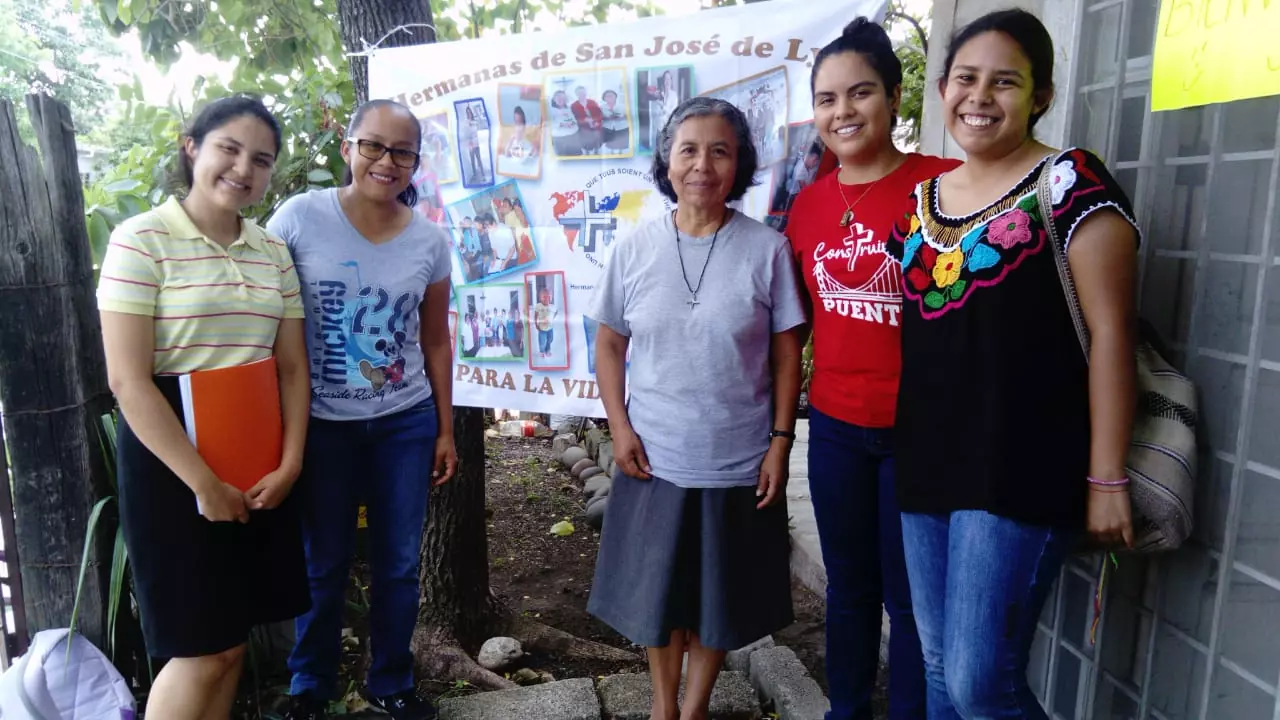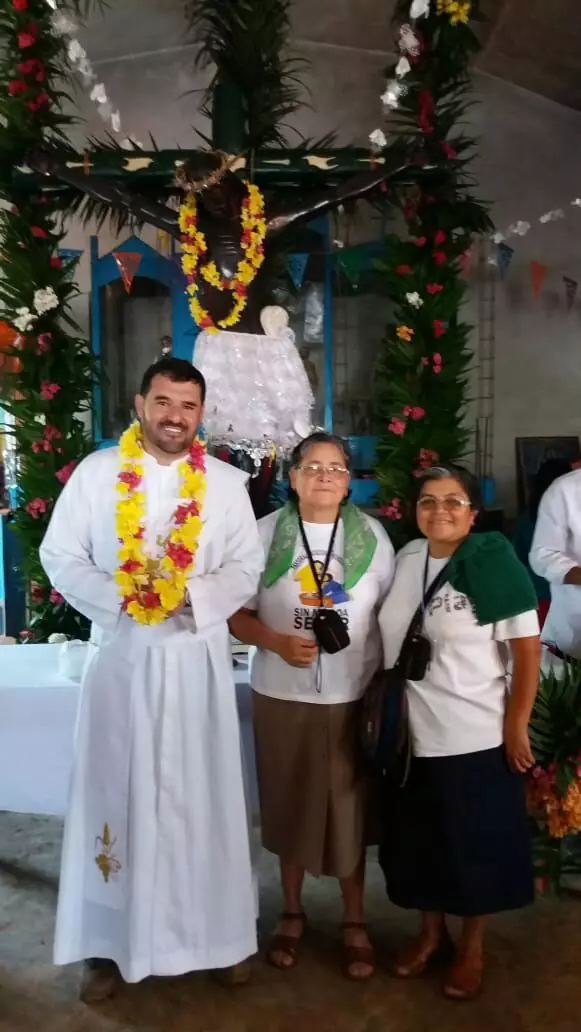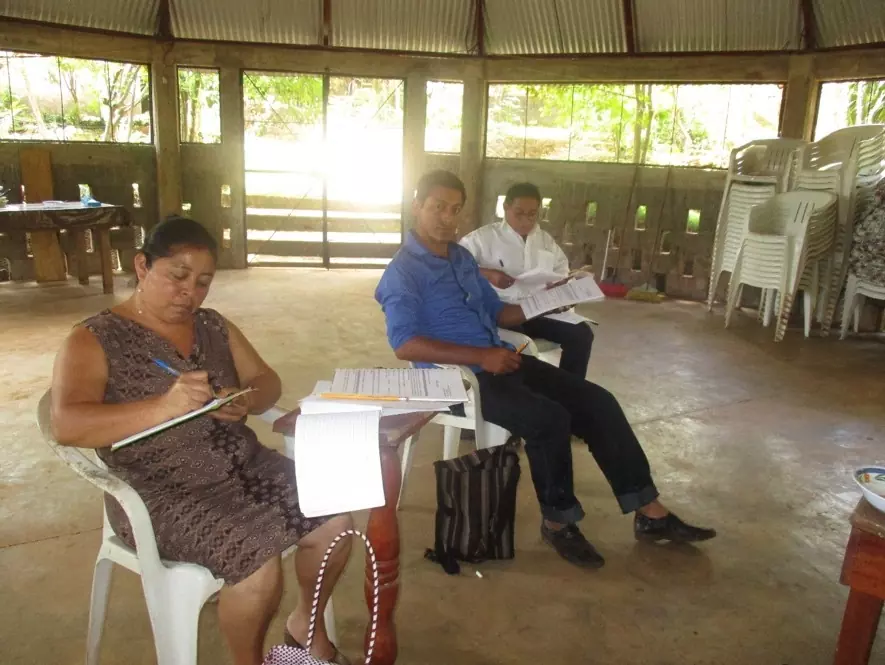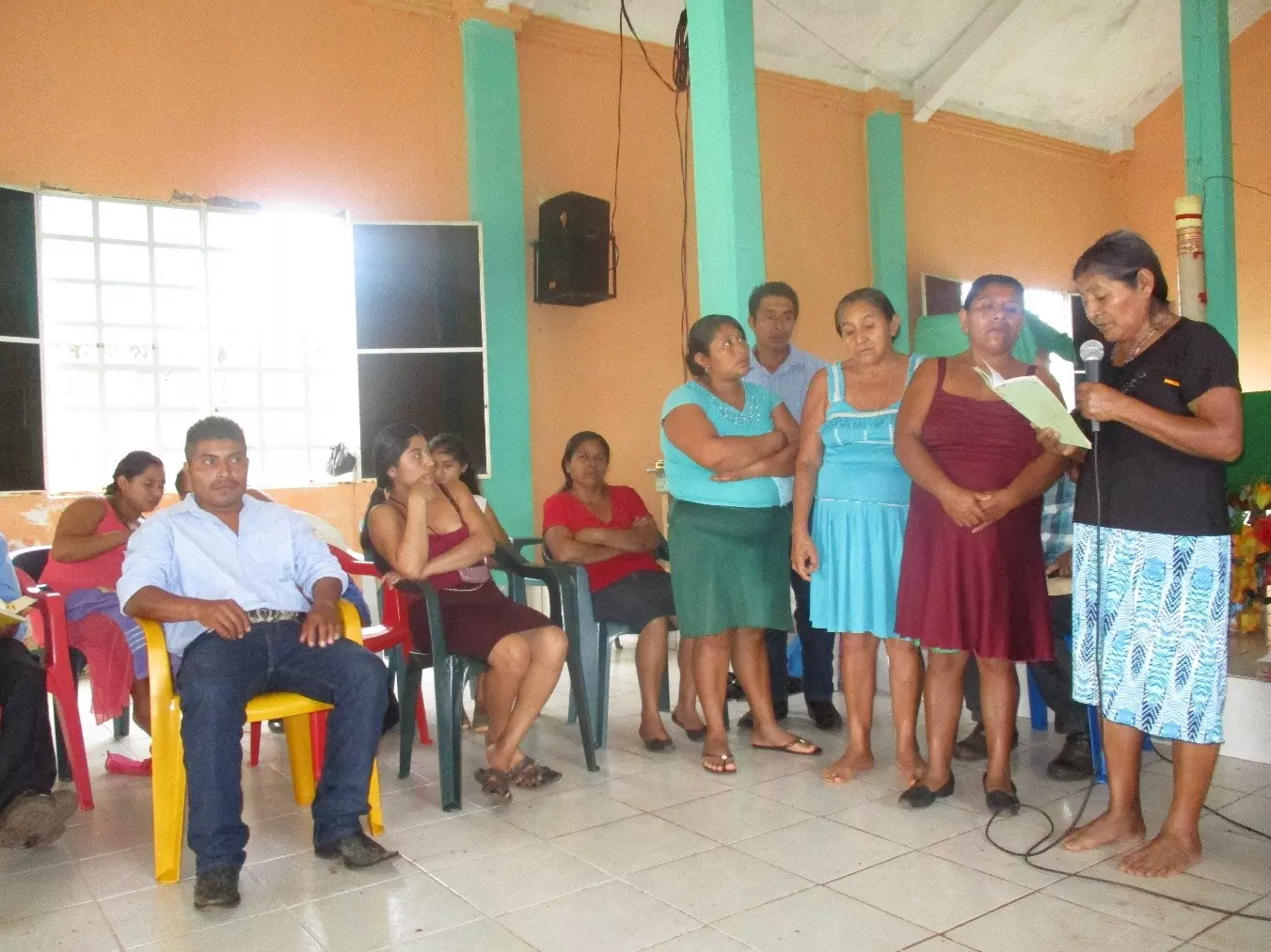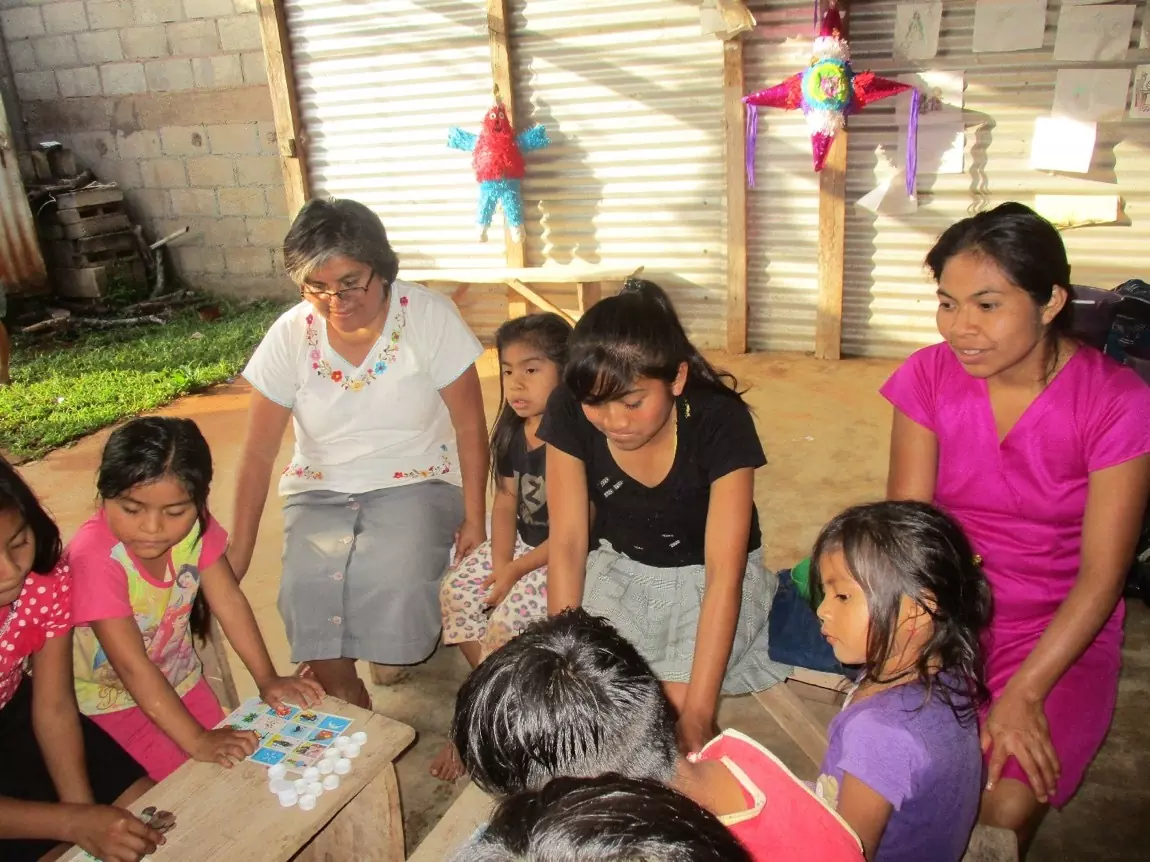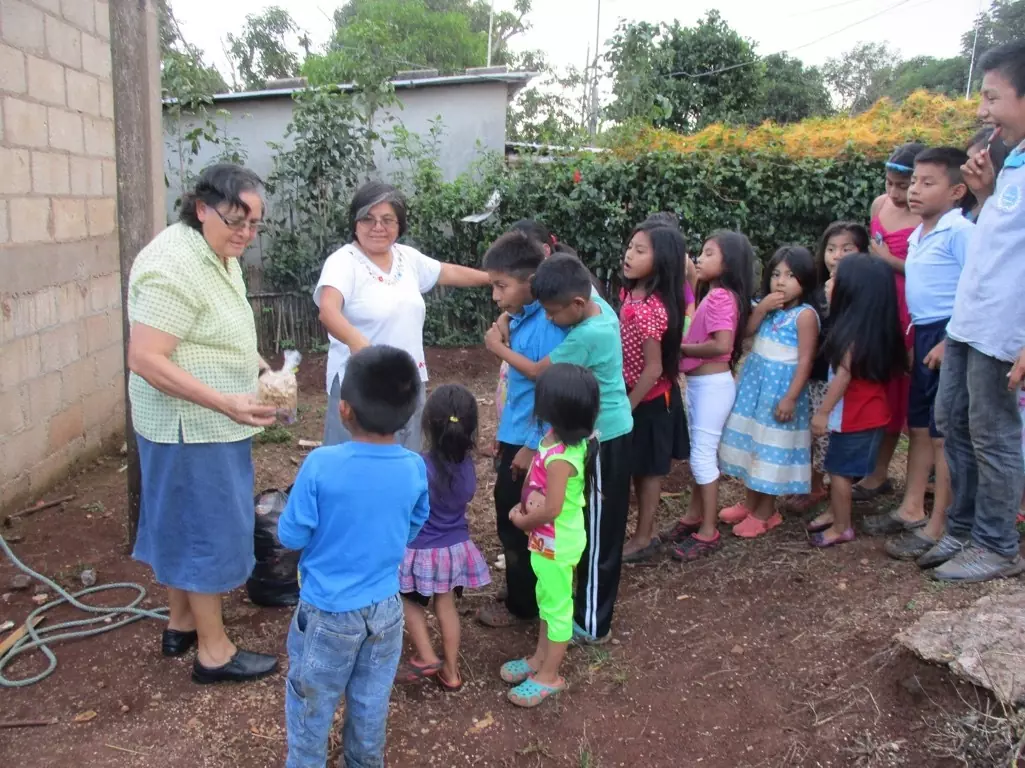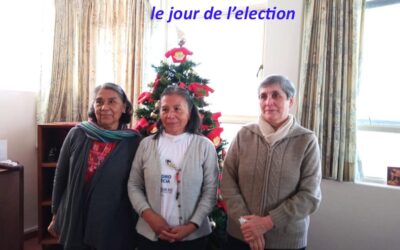SUMMARY OF THE PROVINCE
OF MEXICO / HONDURAS
OF THE SISTERS OF ST. JOSEPH OF LYON
On October 6, 1903,
The separation of Church and State in France in the 19th century led to a misunderstanding of the educational mission of Religious Institutes and the Sisters of St. Joseph of Lyon had to seek new horizons in Europe, Asia, Africa and America.
On October 6, 1903, Mother Marie Flavie Arnaud, accompanied by five religious, arrives in Veracruz. Father Félix de Jésus Rougier encourages them.
1941
On the 15th of the same month, they open a school in Mexico. One year later, another school opens its doors in the center of the city.
The Sisters are sensitive to the reality of extreme poverty that surrounds them; they desire to not only work with the poor, but to live among them. Their dedication attracts some young women to religious life who leave for the Novitiate in Lyon; and a few years later, others will do their novitiate in the United States. In July 1941, the novitiate is opened in Mexico City. The arrival of Mexican Sisters enriches the Congregation with other apostolic projects among the poor. In 1946, they open two free primary schools, and soon after, one for rural girls, and another for newspaper boys; they also work with orphans; the hospital branch of the Province is also being created. In 1958, Mexico was granted the status of Province.
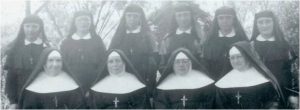 First postulants in Mexico 1941
First postulants in Mexico 1941

It was then that the Second Vatican Council asked the Congregations to return “to their Sources. »
From the start of the Council in Latin America, concerns and questions have arisen and multiplied, and the “preferential option for the poor” has had a wide repercussion throughout the Continent.
There have been new experiences of community life outside institutions, of integration in poor areas, in suburbs, in rural areas and among indigenous people.
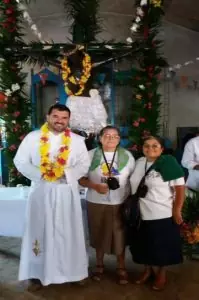 In Soteapan, Veracruz. Indigenous area.
In Soteapan, Veracruz. Indigenous area.
In 1995,
the desire of the Provinces of Mexico and the United States to have a common project in El Paso, Texas, is realized.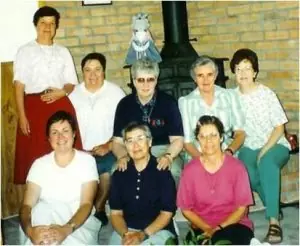
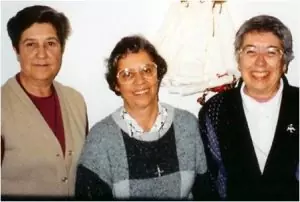 Sisters of the United States and Mexico First community in El Paso, Texas
Sisters of the United States and Mexico First community in El Paso, Texas
In 1996,
it is the foundation in Honduras with the opening of a community in Manto. There was a great desire to have a presence in Central America.
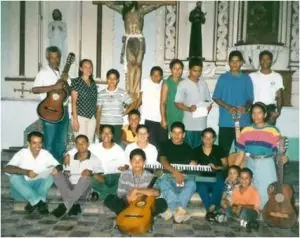 Youth of Manto, Olancho
Youth of Manto, Olancho
In 1998
From 1998, in the face of the challenges of the CLAR (Latin American Conference of Religious) and the recasting, in the Province new spaces for action are opened, and the Sisters try to approach “new faces” of poverty: migrants, street children, who demand answers and great responsibility.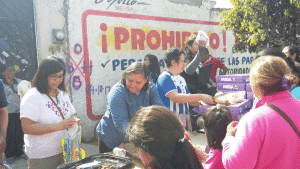
The International Congress for Consecrated Life (2004) and the General Chapter of 2005, give new impetus to the option for the excluded, as well as for the care of creation.
In 2010
In 2010, new presences fill us with hope and give us the desire to respond, following Jesus:
A presence with the migrants in Tierra Blanca, Veracruz.
A presence among the poor living in the suburbs of San Pedro Sula, in Cosmul, Honduras, in a climate of violence and insecurity.
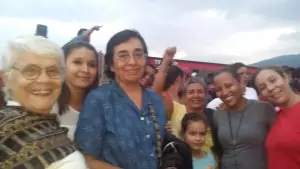 Sisters in Cosmul, Honduras, CA
Sisters in Cosmul, Honduras, CA
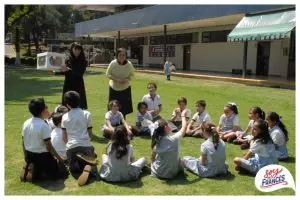 Students at the French School of Pedregal
Students at the French School of Pedregal
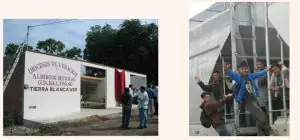 Tierra Blanca, Veracruz. House for Migrants
Tierra Blanca, Veracruz. House for Migrants
The reality of violence and insecurity lived in the area where we are present has affected the life of our people and our very presence, inviting us to accompany the victims and the families of missing persons, and the caravans of migrants who pass through the countries where we are to join the United States, in search of the American dream.
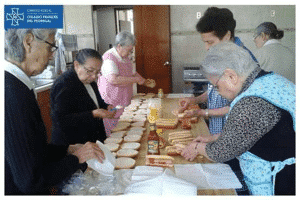 The senior Sisters make sandwiches for the migrants arriving in the caravan.
The senior Sisters make sandwiches for the migrants arriving in the caravan.
En 2017
Faced with the reality of the senior sisters and looking for ways to situate ourselves in spite of our age, we are sought for responses in the Little Design. In 2017, we opened the Temascalapa community with the mission of being a simple presence and a listening space among people.
The reflection and the journey we are making with a group of lay people, whom we have named the Saint Joseph Family, has led us to recognize the call to live our charism more broadly and has led us to broaden our sense of belonging through different ways of living the charism: as partners, collaborators or simply as people who want to live it without a concrete commitment.
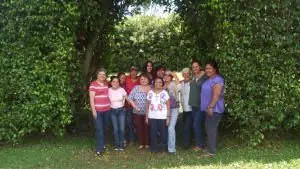 St. Joseph Family Group in Honduras
St. Joseph Family Group in Honduras
Pope Francis’ invitations for the care of creation encourage us to walk in this direction and to support everything that, from the place where we are, opens us to new ways of taking care of our planet.

We continue to write our history….
For the Life of the World, and « as weak instruments.»
